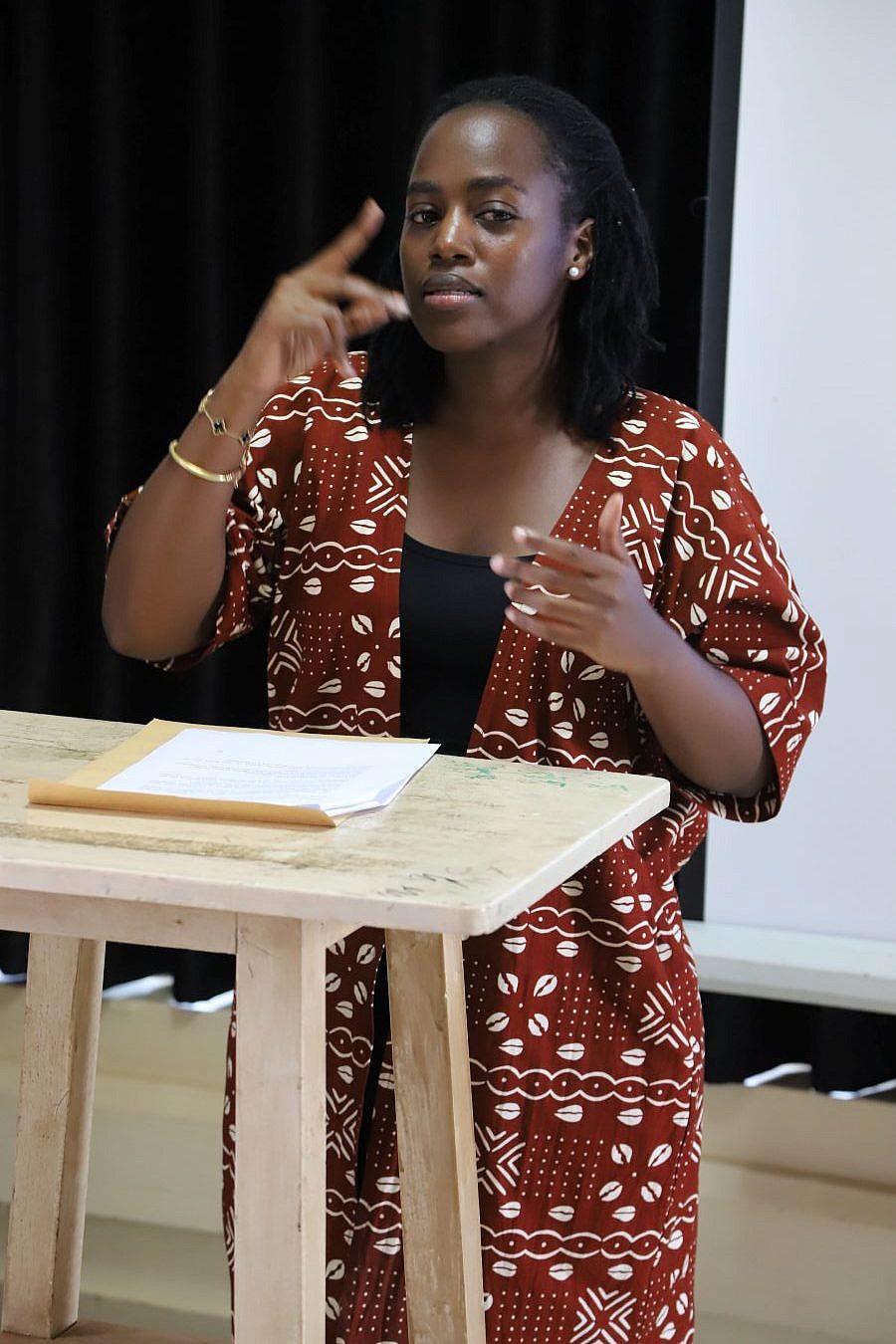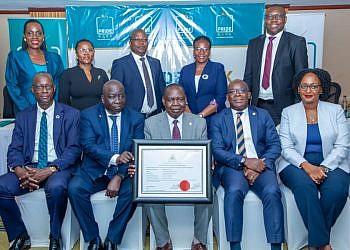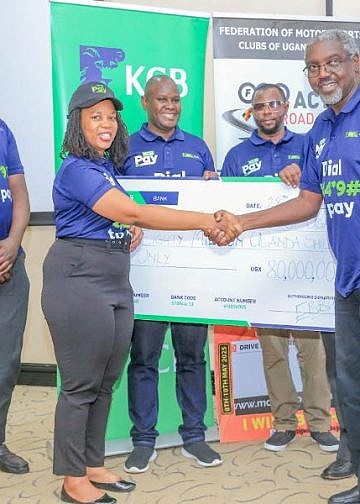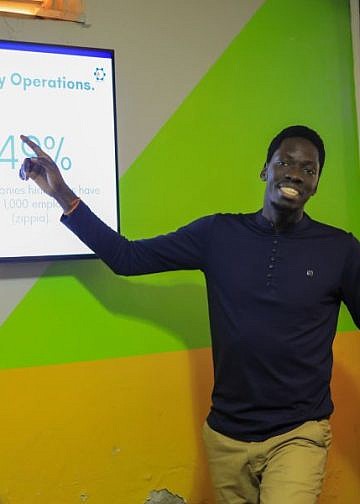Sense Creatives, a Ugandan advocacy group has started efforts to foster greater disability inclusion within Uganda’s arts sector.
The organization’s work to break down barriers comes against a backdrop of stark challenges in higher education for deaf students, a disconnect recently brought into sharp focus by expert research.
During a breakfast meeting under the theme, “Beyond Sight and Sound” Sense Creatives convened artists, educators and advocates to address the potential and hurdles faced by creatives with disabilities.
During the meeting, research presented by creative arts lecturer Alex Musisi highlighted significant obstacles in the educational journey of deaf individuals.
Musisi’s findings, shared at a forum in Bukoto, indicated that late school enrollment, often fueled by societal stigma and a lack of parental awareness, severely hinders deaf children’s acquisition of fundamental literacy skills.
“The embarrassment some parents feel about having a deaf child results in delayed schooling,” Musisi stated. “My research uncovered instances of 15-year-olds still acquiring fundamental literacy skills, a consequence of being denied early educational opportunities.”
Musisi also pointed to the alarmingly low representation of deaf students in university arts programs, a trend echoed by primary school teachers observing a dramatic drop-off in deaf students progressing to higher education. This educational disparity stands in contrast to the demonstrated academic capabilities of special needs learners at the primary level.
Despite these challenges in the education sector, Sense Creatives is actively working to cultivate a more inclusive artistic landscape. At their recent meeting, deaf actress Doreck Ankunda passionately articulated the need for genuine belonging and equal opportunities for disabled creatives, emphasizing the demand for inclusive casting, accessible training, and authentic representation.
Isaac Lugolobi, a co- founder at Sense Creatives, highlighted the organization’s ongoing commitment to full inclusion and announced a Creative-in-Residence Program for 2026 aimed at enriching Uganda’s artistic ecosystem with diverse voices and perspectives.
He also shared his positive experience directing a film with deaf actors, underscoring the vital role of basic communication in fostering meaningful collaboration.
The Sense Creatives platform also served to address practical challenges faced by artists with disabilities, including funding limitations and difficulties in content distribution.
Participants emphasized the need for specialized skills training and advocated for the recognition of the full artistic potential of individuals with impairments, cautioning against patronizing attitudes. The importance of practical learning methods and the strategic use of visual communication for social impact were also key discussion points.
Participating in the Sense Creatives dialogue, Musisi stressed the urgent need for accessible training institutions for aspiring creatives with disabilities.

He presented an innovative, locally developed solution: an algorithm transforming sign language into an engaging interactive smartphone game to empower parents in supporting their deaf children’s English literacy through play.
“True inclusion begins by integrating them into existing spaces,” Musisi asserted.
Justine Lubanga of the Special Needs Education Research and Innovation Centre (SNERIC) echoed the critical importance of early intervention and challenged negative stereotypes surrounding the learning capabilities of children with disabilities.
While Sense Creatives champions inclusivity within Uganda’s arts, the parallel challenges in higher education for deaf students underscore the need for broader systemic changes to ensure equitable opportunities for all individuals to fully realize their creative and academic potential.








































